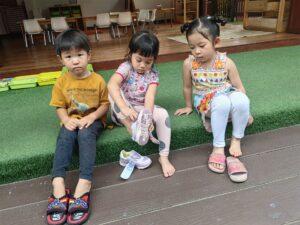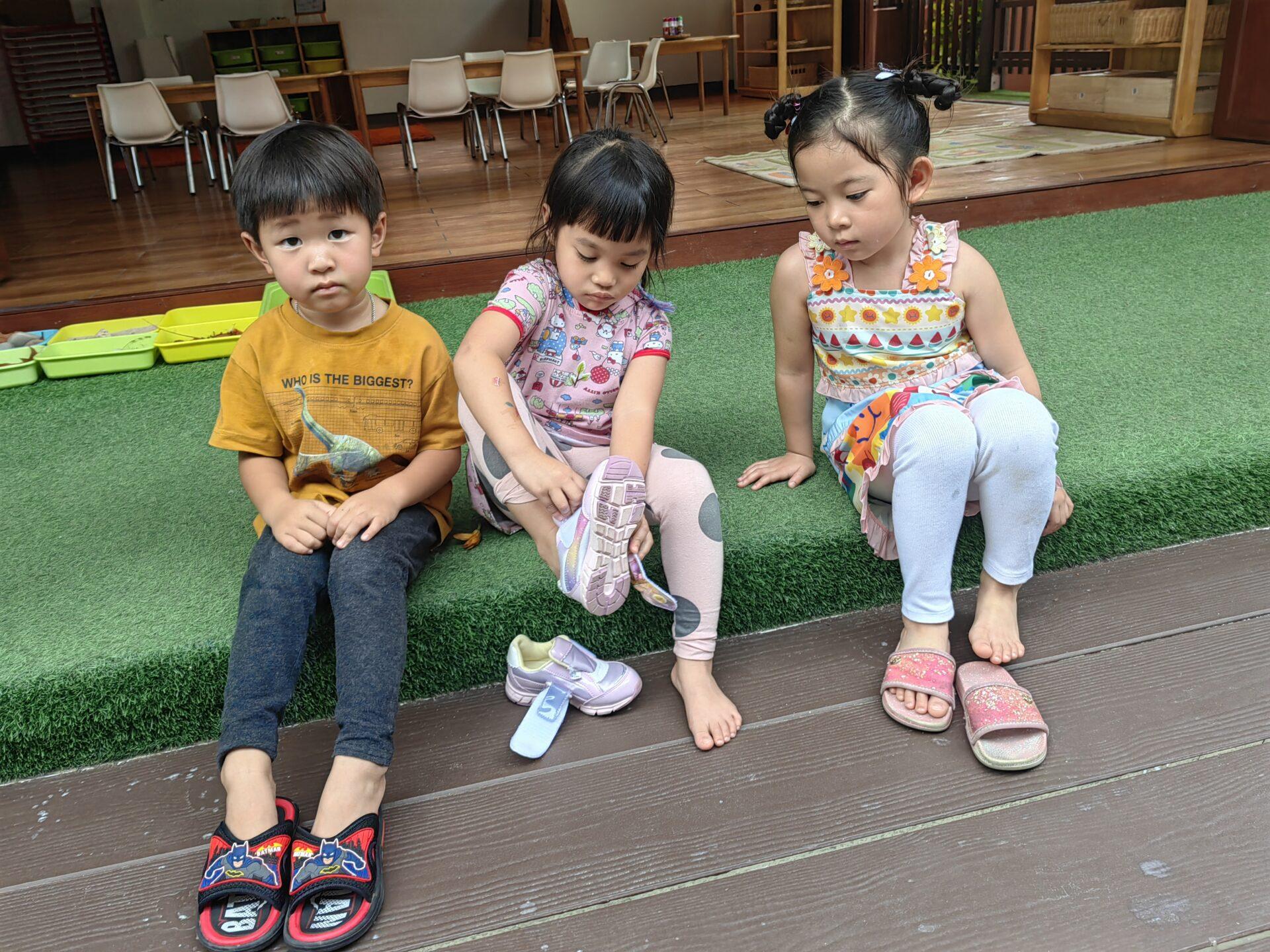By Teacher Chantal
One of the most powerful gifts we can offer young children is the opportunity to
become independent learners and thinkers. In early childhood education, fostering
independence is not simply about teaching children to do things on their own, it is
about laying the foundation for lifelong skills such as confidence, decision-making,
resilience and self-regulation.
Independence in early childhood is built through routine tasks such as tying
shoelaces, pouring water, making choices or problem solving with other children.
What may seem like small tasks are in fact powerful learning experiences for young
children. When children are given the chance to try, make mistakes and try again,
they begin to understand their own capabilities. Through this, children gain self-
confidence and a natural curiosity that supports lifelong learning.
Children who are provided with the opportunity to make choices and take
responsibility for their actions learn accountability and decision-making from a young
age. This independence fosters a sense of ownership over their learning and
behavior, making them more engaged and responsible students in the classroom
and beyond.
Encouraging independence also supports emotional development. When children
navigate challenges on their own, they develop resilience and adaptability which are
traits that are essential in our ever-changing world.
As teachers, our role is to create environments that empower children to take
initiative while offering the right balance of support and challenge. This includes
providing clear routines, accessible materials and opportunities for choice. It also
means stepping back when appropriate, allowing children to solve problems
independently before offering assistance.
Fostering independence isn’t about children growing up too quickly. It is about
meeting them where they are and providing them with opportunities to discover what
they can do. When we provide space for children to try, make mistakes and try
again, we help them see their own strengths which builds confidence, nurtures
important life skills, and prepares them not only for school, but for life beyond it.











